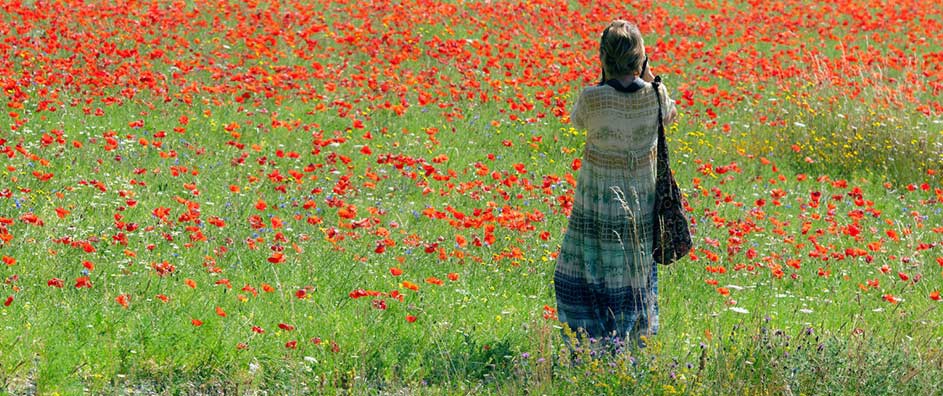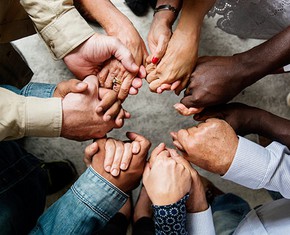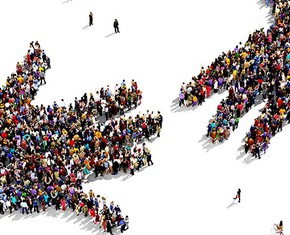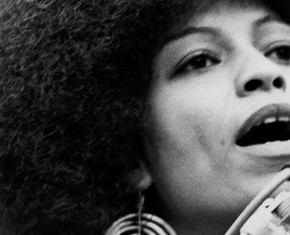The views expressed in our content reflect individual perspectives and do not represent the authoritative views of the Baha'i Faith.
Beautify your tongues, O people, with truthfulness, and adorn your souls with the ornament of honesty. … Such are the counsels which I bequeath unto you. – Baha’u’llah, Gleanings From the Writings of Baha’u’llah, p. 297.
O maid-servants of the Merciful! It is incumbent upon you to train the children from their earliest babyhood! It is incumbent upon you to beautify their morals! – Abdu’l-Baha, Tablets of Abdul-Baha Abbas, Vol. III, p. 606.
The Baha’i month of “Beauty” (Jamāl) runs from late April to mid-May. Beauty is a quality of God. “Beauty” does not define God. “Beauty” defines how we understand God, in part. “Beauty” also helps us understand our own inherent nobility, which the Baha’i writings invite each of us to manifest more fully, day by day.
So how do we get from “beauty” as a godly attribute to apply “beauty” as a goodly action? The secret is to convert this quality from a noun into a verb. Simply think of “beauty” in the active sense—to “beautify.” That’s the key.
This is the secret to transforming all of the attributes of God into attributes of our own character—simply by converting each “noun” or quality into its corresponding verb, making it into an action.
What, then, does it mean to “beautify” ourselves and our world in the inner, spiritual sense of the word? What does this look like in our daily lives, as expressed in our actions? The two opening quotations from the Baha’i writings above offer two good examples of beauty in action: “Beautify your tongues” and “beautify their morals!”

One way to think about how to personally beautify our inner character and personally do our part to beautify the world around us is to “personify” beauty. In the following, breath-taking passage, Baha’u’llah personifies one of the qualities of beauty, which is “Trustworthiness”:
Verily [trustworthiness] is the door of security for all that dwell on earth and a token of glory on the part of the All-Merciful. He who partaketh thereof hath indeed partaken of the treasures of wealth and prosperity. Trustworthiness is the greatest portal leading unto the tranquillity and security of the people. In truth the stability of every affair hath depended and doth depend upon it. All the domains of power, of grandeur and of wealth are illumined by its light.
Not long ago these sublime words were revealed from the Pen of the Most High:
‘We will now mention unto thee Trustworthiness and the station thereof in the estimation of God, thy Lord, the Lord of the Mighty Throne. One day of days We repaired unto Our Green Island. Upon Our arrival, We beheld its streams flowing, and its trees luxuriant, and the sunlight playing in their midst. Turning Our face to the right, We beheld what the pen is powerless to describe; nor can it set forth that which the eye of the Lord of Mankind witnessed in that most sanctified, that most sublime, that blest, and most exalted Spot. Turning, then, to the left We gazed on one of the Beauties of the Most Sublime Paradise, standing on a pillar of light, and calling aloud saying: “O inmates of earth and heaven! Behold ye My beauty, and My radiance, and My revelation, and My effulgence. By God, the True One! I am Trustworthiness and the revelation thereof, and the beauty thereof. I will recompense whosoever will cleave unto Me, and recognize My rank and station, and hold fast unto My hem. I am the most great ornament of the people of Baha, and the vesture of glory unto all who are in the kingdom of creation. I am the supreme instrument for the prosperity of the world, and the horizon of assurance unto all beings.” Thus have We sent down for thee that which will draw men nigh unto the Lord of creation.’
O people of Baha! Trustworthiness is in truth the best of vestures for your temples and the most glorious crown for your heads. Take ye fast hold of it at the behest of Him Who is the Ordainer, the All-Informed. – Baha’u’llah, Tablets of Baha’u’llah, pp. 37-38.
In this remarkable passage from his “Tablet of Ornaments” (“ornaments” is a metaphor for spiritual beauty), Baha’u’llah imparts a vision of the angel of Trustworthiness, or trustworthiness personified, “one of the Beauties of the Most Sublime Paradise,” who introduces himself so: “I am Trustworthiness and the revelation thereof, and the beauty thereof.”
There you have it! “Trustworthiness is in truth the best of vestures for your temples and the most glorious crown for your heads.” This means that becoming more trustworthy will beautify our inner character and outer morals.
Let me give one more example of how the godly attribute of “beauty” can be “personified” and expressed as a goodly action. Let’s start from how Baha’u’llah addresses you and I:
O Son of Beauty! By My spirit and by My favor! By My mercy and by My beauty! All that I have revealed unto thee with the tongue of power, and have written for thee with the pen of might, hath been in accordance with thy capacity and understanding, not with My state and the melody of My voice. – Baha’u’llah, The Hidden Words, pp. 19–20.
Who does Baha’u’llah refer to here as the “Son of Beauty”?
Now look in the mirror. Do you see inner beauty? Look again. Peer deep inside. Realize the truth of this revelation:
O Son of Man! Divest not thyself of My beauteous robe, and forfeit not thy portion from My wondrous fountain, lest thou shouldst thirst for evermore. – Baha’u’llah, The Hidden Words, p. 12.
See the “beauteous robe” inside?
But just because we are each ideally “beautiful” does not mean we do not have “ugly” defects in our character as well. Speaking for myself, I’m all too aware of the defects of my character. I might even be “blind” to some of them.
Just one more example of “beauty” in action:
Therefore, this civilization and material progress should be combined with the Most Great Guidance so that this nether world may become the scene of the appearance of the bestowals of the Kingdom, and physical achievements may be conjoined with the effulgences of the Merciful. This in order that the beauty and perfection of the world of man may be unveiled and be manifested before all in the utmost grace and splendour. Thus everlasting glory and happiness shall be revealed. – Abdu’l-Baha, Selections from the Writings of Abdu’l-Baha, p. 285.
So let’s get to work and personify our inner beauty by transforming this godly attribute into goodly actions.
















Comments
Sign in or create an account
Continue with Googleor